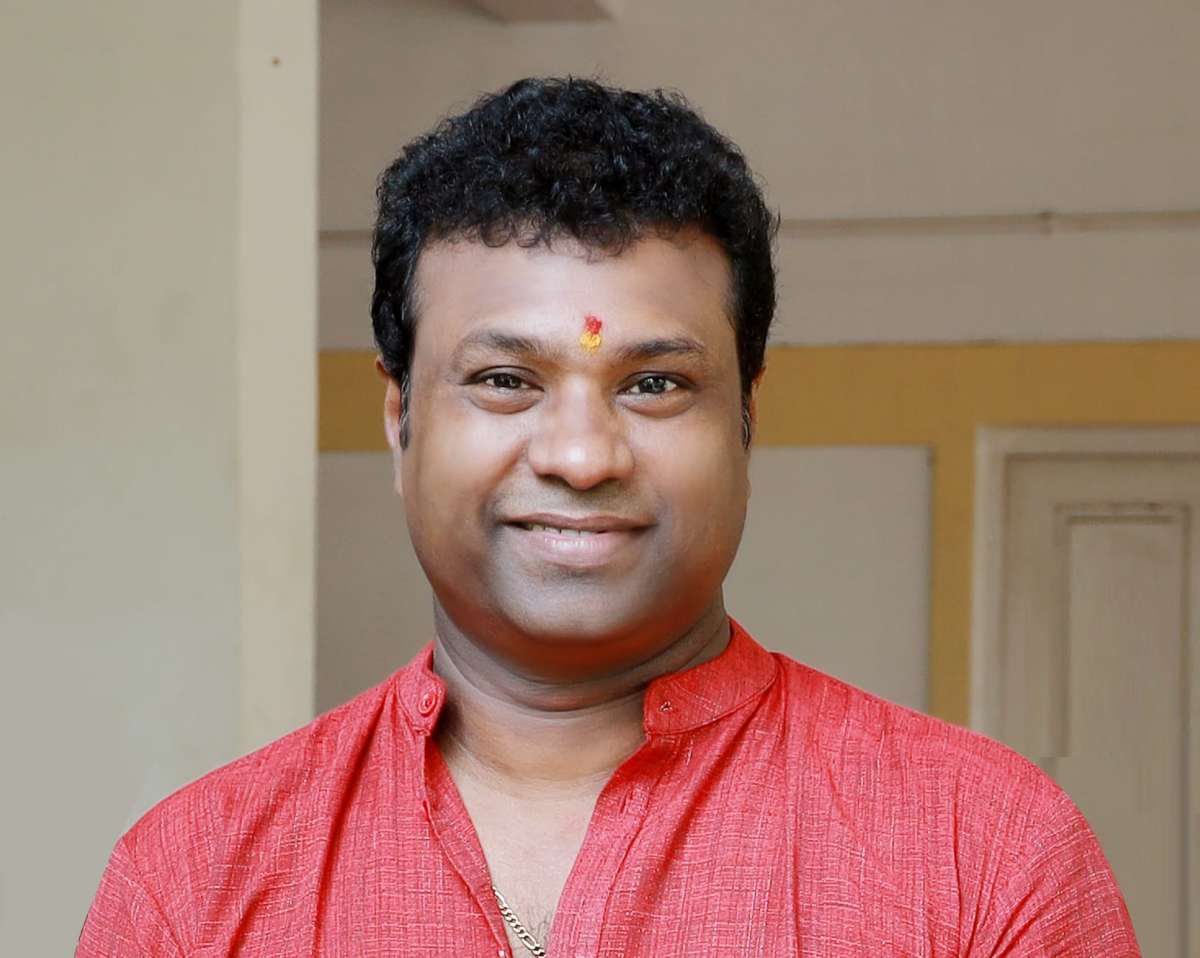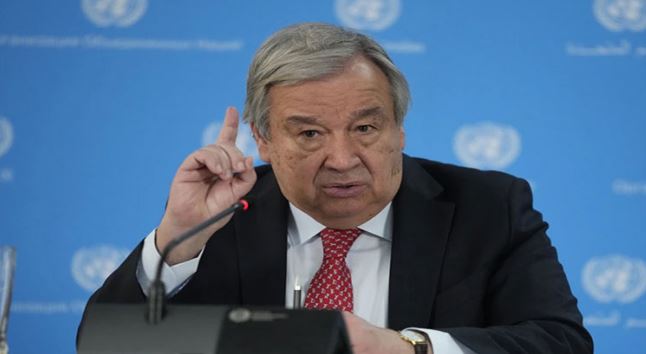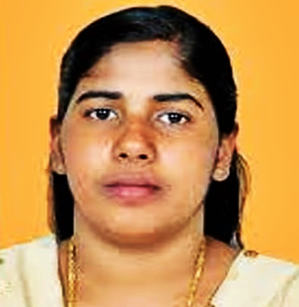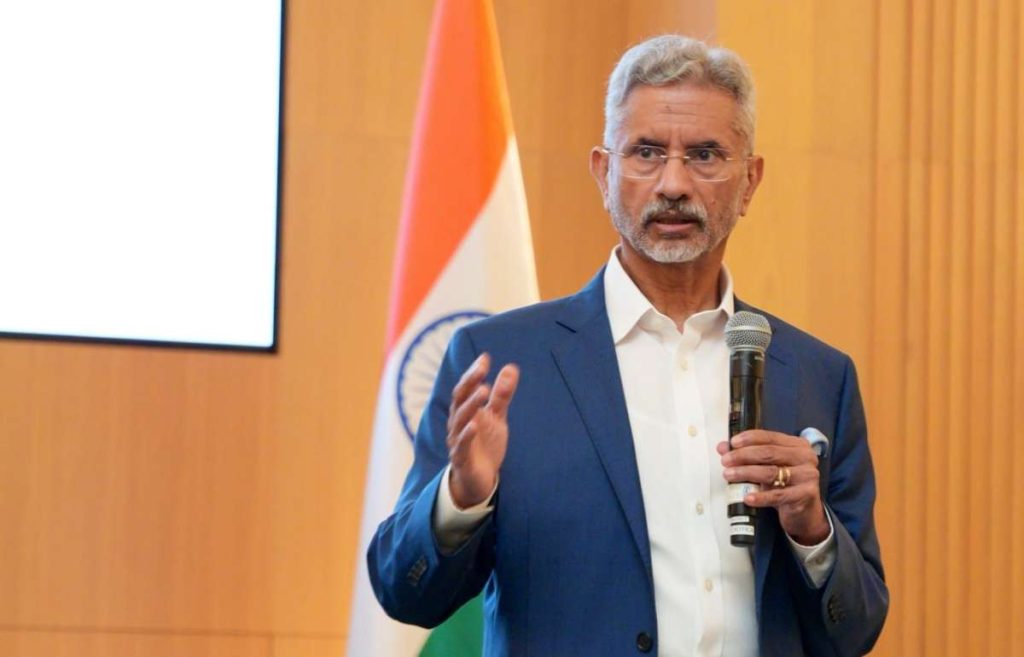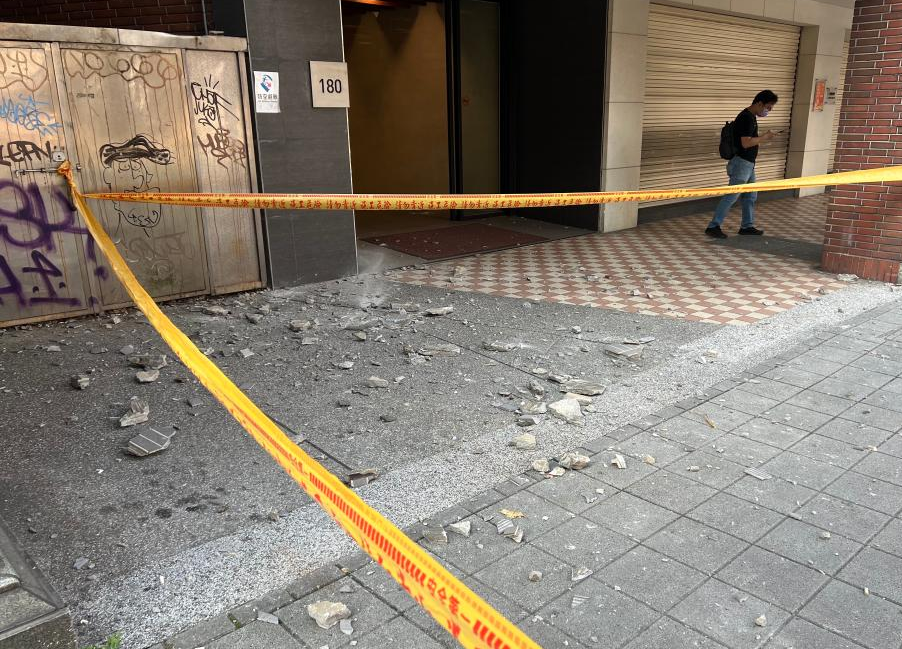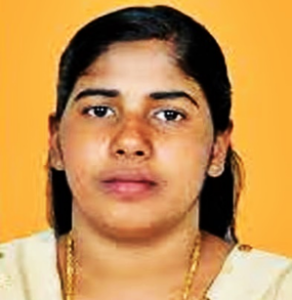Kerala, often hailed as “God’s own country,” grapples with a persistent issue that tarnishes its cultural fabric: caste discrimination. Despite its claims of enlightenment and progressive values, the state continues to struggle with entrenched caste and colour biases, challenging its reputation as a modern and egalitarian society … writes Ashok Parameswar
The recent resurgence of caste-related incidents has reignited debates about Kerala’s societal norms and values. These incidents serve as stark reminders that the battle against discrimination is far from over, even in a state known for its leftist legacy and intellectual prowess.
At the heart of this issue lies the dichotomy between Kerala’s perceived progressiveness and the harsh realities faced by many of its inhabitants. Discrimination based on caste, religion, and colour remains deeply ingrained in the social fabric, casting a shadow over the state’s reputation as a beacon of equality.
In recent times, Kerala has witnessed a surge in caste and race-based animosity, with several incidents unfolding amidst election campaigns and cultural events. Despite its historical resistance to caste discrimination, Kerala continues to grapple with systemic inequalities that undermine its claims of being a progressive society.
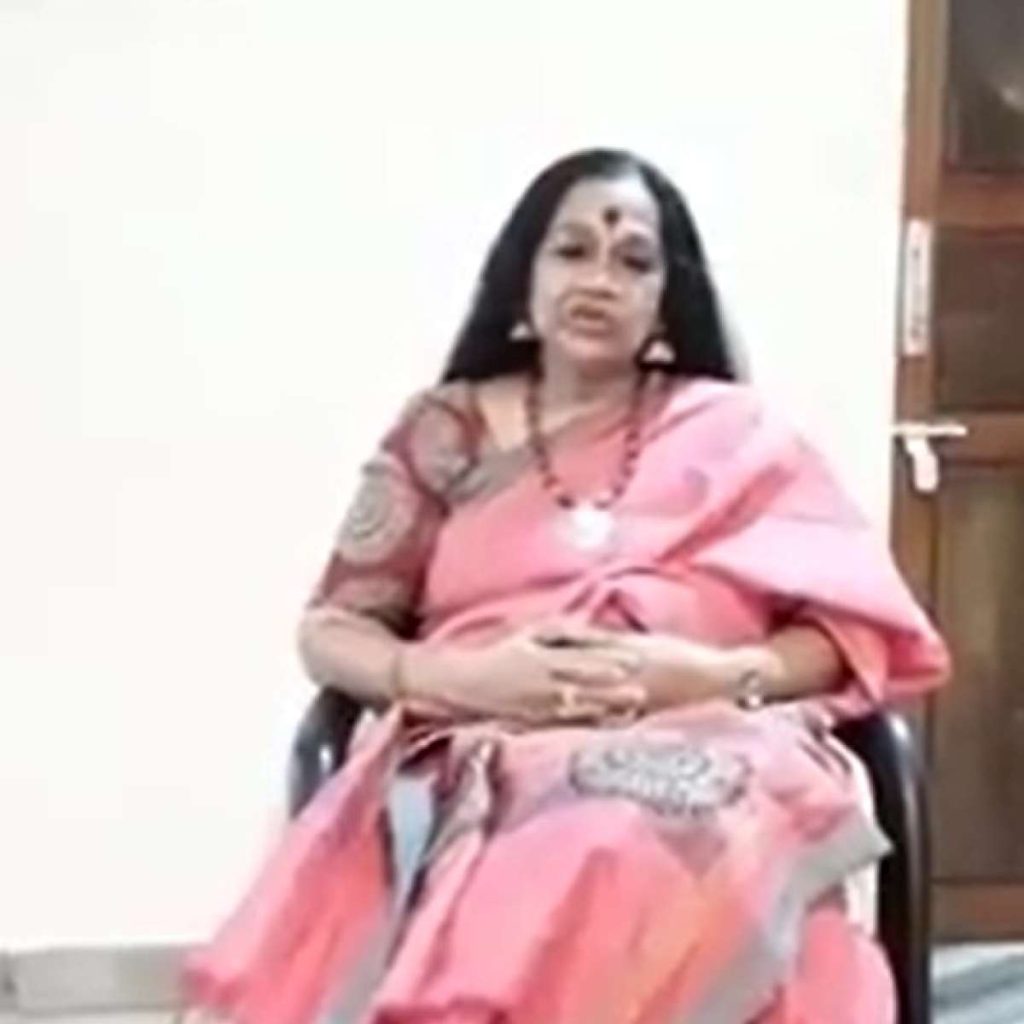
Even within the realms of art and culture, discrimination persists. Notable figures like Kalamandalam Sathyabhama Jr., a seasoned Mohiniyattam dancer, have faced backlash for their controversial remarks regarding individuals with darker skin tones. Sathyabhama’s comments sparked outrage within Kerala’s public sphere, shedding light on the pervasive nature of discrimination within artistic circles.
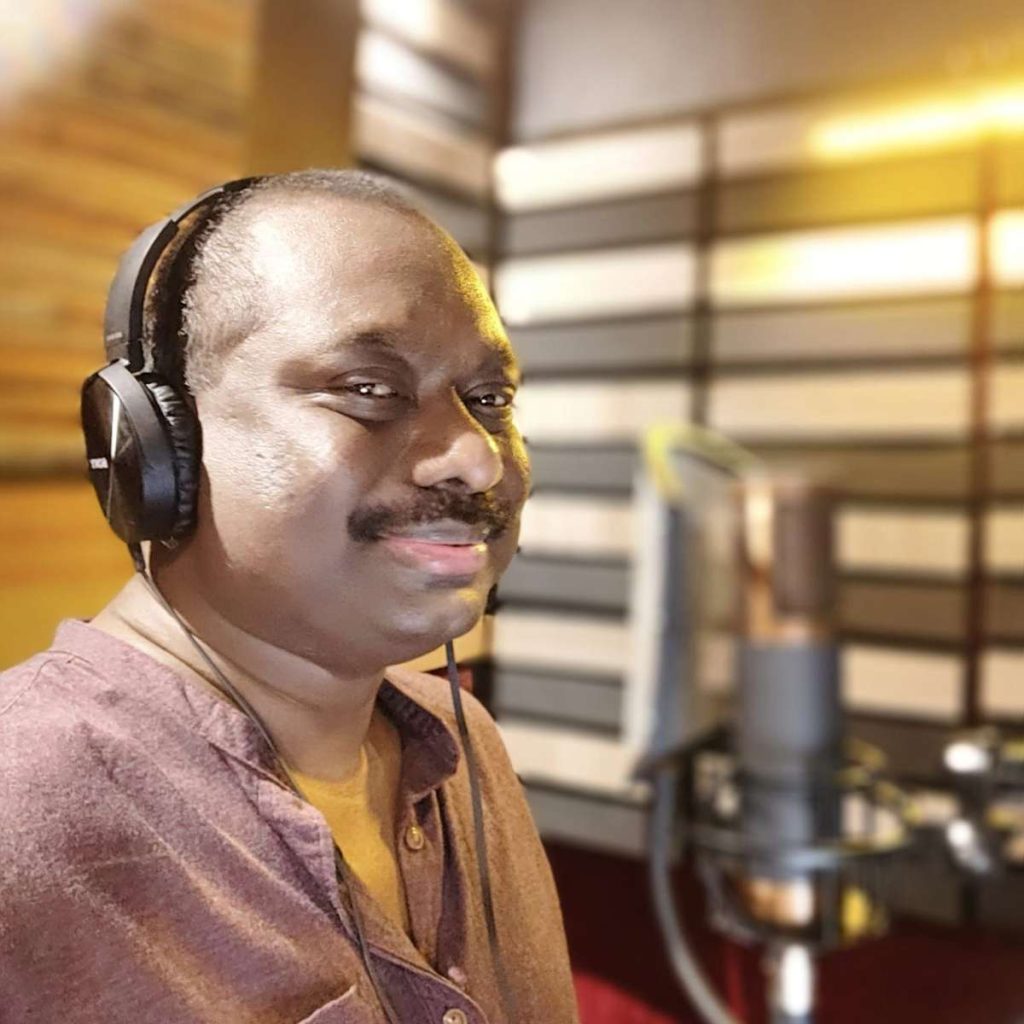
Similarly, popular singer Jassie Gift found himself at the centre of controversy when his performance at St. Peter’s College was interrupted by the college principal, Binuja Joseph. The incident, captured on video and circulated widely on social media, raised questions about discrimination within educational institutions and broader societal norms.
These incidents serve as poignant reminders that discrimination knows no bounds, permeating every facet of Kerala’s society. Despite its left-leaning ideology and claims of progressiveness, Kerala continues to grapple with deep-rooted biases that hinder its path towards true equality and inclusivity.
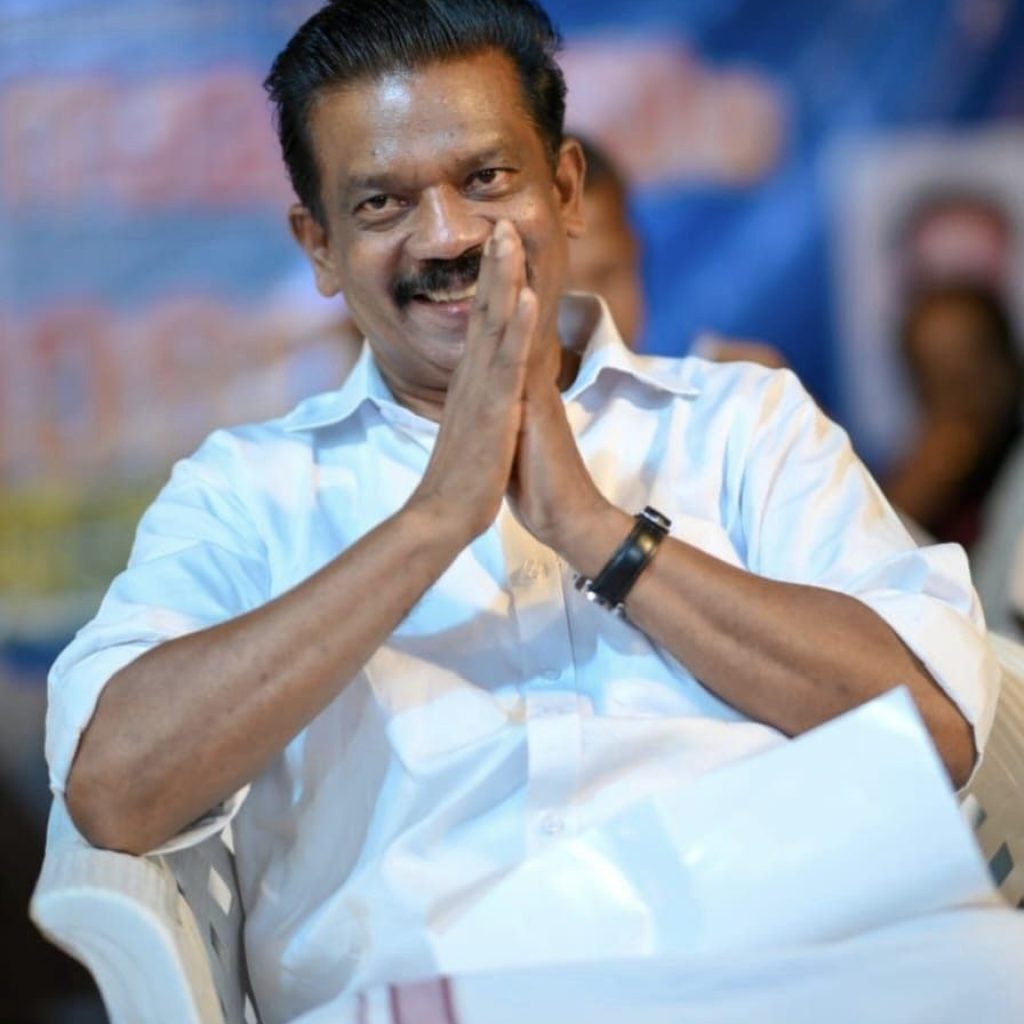
Even political figures have not been immune to caste-based discrimination. Kerala’s Devaswom Minister, K. Radhakrishnan, recently recounted an experience of facing disrespect at a temple ceremony in Kannur. The incident, where the chief priest hesitated to hand over a ceremonial lamp, underscored the persistence of caste and religious discrimination in societal institutions.
Radhakrishnan’s experience garnered widespread criticism and sparked public outrage, prompting calls for systemic reforms to address entrenched biases. Despite advancements like the Chandrayaan mission to the Moon, Kerala remains mired in the ‘Dark’ memories of discrimination that continue to plague its society.
As Kerala grapples with these challenges, it becomes increasingly evident that meaningful change requires collective introspection and decisive action. The state must confront its past and present biases head-on, fostering a more inclusive and equitable society for all its inhabitants.
In conclusion, Kerala’s struggle with caste discrimination serves as a sobering reminder of the complex realities that lie beneath its veneer of progressiveness. As the state navigates its path forward, it must confront these issues with courage and determination, striving towards a future where equality and justice prevail for all.
ALSO READ: Kerala Govt to Move SC Against CAA

